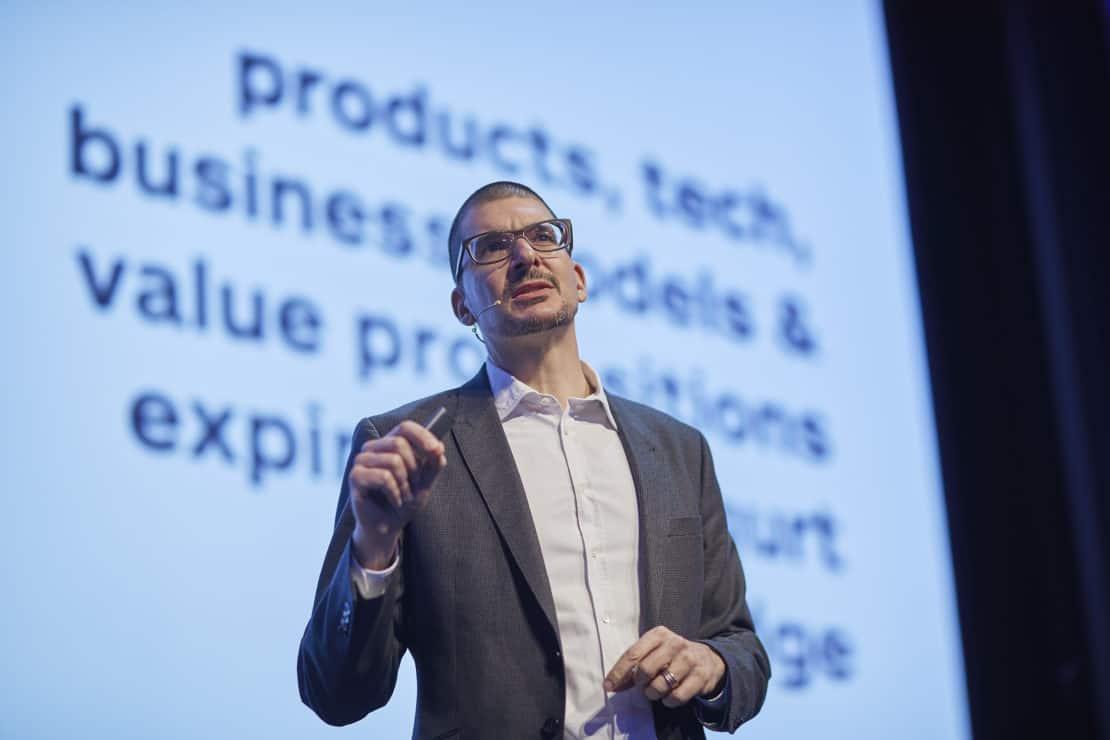5Apr2018
Competitive advantage can be achieved by the active engagement of corporate stakeholders – including employees, production chain partners, industry and research networks, and the broader society – in programs that inspire responsible thinking and actions, according to round table discussions involving Finnish business leaders.
In a 2017 survey, market research and consulting firm Kantar TNS found that, while 45% of decision-makers saw CSR as a potential basis for gaining competitive advantage today, 80% believed that CSR would contribute to competitiveness in the future.
Companies today are operating in markets featuring savvier consumers, for whom sustainable business practices have increasingly become a requirement rather than an aspiration. In fact, Kantar TNS data from 2017 showed that 53% of consumers surveyed said that company purpose and CSR had an impact on their shopping habits, up from 42% in 2014.
In a round table discussion with Kantar TNS, a group of corporate responsibility and public affairs executives from aviation, telecommunications, IT, forestry, construction, events, and the gaming industries discussed the role of CSR in building competitive advantage.
According to Sirkka Paronen, Head of Customer Experience at Kantar TNS, the group saw CSR as an important strategy for corporations seeking to win customers’ hearts and minds, in addition to share of wallet.
“One angle brought up by business leaders was focusing on customer needs and demonstrating an interest in customer welfare by anticipating and taking customers’ wishes into account,” she explained.
Another strategy outlined to ensure that corporate responsibility would translate into competitive advantage included understanding customers’ need and desire for sustainability, and actively demonstrating an interest in these factors.
Employer CSR pledge has potential to impact employee brand
It’s not only customers who are interested in a company’s CSR credentials; current and prospective employees are increasingly concerned about how their employer’s CSR track record reflects on their personal brand.
Business leaders attending the round table saw employees as having a central role in implementing CSR initiatives and using such programs to build an advantage. They noted that current employees should be involved in a company’s plans for responsible thinking and acting. Moreover, in some cases, there is a straight line between employee commitment to responsible thinking and a company’s brand as a responsible employer.
Potential employees also have a role to play in the link between CSR and competitiveness, the corporate heads said. They noted that a positive responsibility image helps recruit good talent.
Pitfalls of extended production and supply chains
The external partners that firms do business with often reflect and affect an organization’s brand and corporate values. Some companies, including Finnish firms, have struggled to effectively ensure that CSR principles are applied throughout the external production and supply chain, particularly when they are long or very complex to the point of inhibiting transparency.
The damage to brand and reputation – and eventually to competitiveness – can be immediate and lasting if it emerges that external partners or suppliers do not adhere to the same principles of fair trade and sustainability.
The panel of decision-makers proposed a number of measures for avoiding such pitfalls. One preventative measure was an emphasis on ensuring responsibility in the supply chain and transparent pricing of products.
“Companies must identify investments that support sustainability and contribute to the responsible long-term development of operations,” commented Kantar TNS’s Data, Insight, and Consulting Director Päivi Kauppinen.
Similarly, the panel brought up the role of responsibility in designing products and services. Companies should ensure that investments in their product portfolios and production, as well as related systems, pass the responsibility test.
Networking, influencing, and communication
The corporate representatives who gathered to brainstorm the role and possibilities of CSR in building competitiveness implied that, as businesses increasingly participate in market ecosystems, the days of flying solo are numbered. As such, the focus group proposed industry-wide networking with peer companies as well as with non-corporate entities, such as research and science institutions and universities. Such collaboration could build a consistent commitment to responsibility across an entire sector.
Panel members also pointed out that adopting a role as an influencer in society is important to build CSR capital and further develop a competitive advantage. They noted that companies can grow their social influencer profiles by participating in the development of their immediate communities and society as a whole.
Developing and implementing CSR programs and responsibility thinking across all corporate functions can help organizations boost their competitive advantage in the market. But, they ultimately lack impact if no one is aware of them – that is, if firms fail to communicate in an appropriate way, both internally and externally. Many companies in Finland are extremely cautious about announcing their actions in the area of CSR because they do not want to be seen as boastful. The result is that may not share information about such programs at all, missing a golden opportunity to reap the rewards of their responsibility initiatives.


